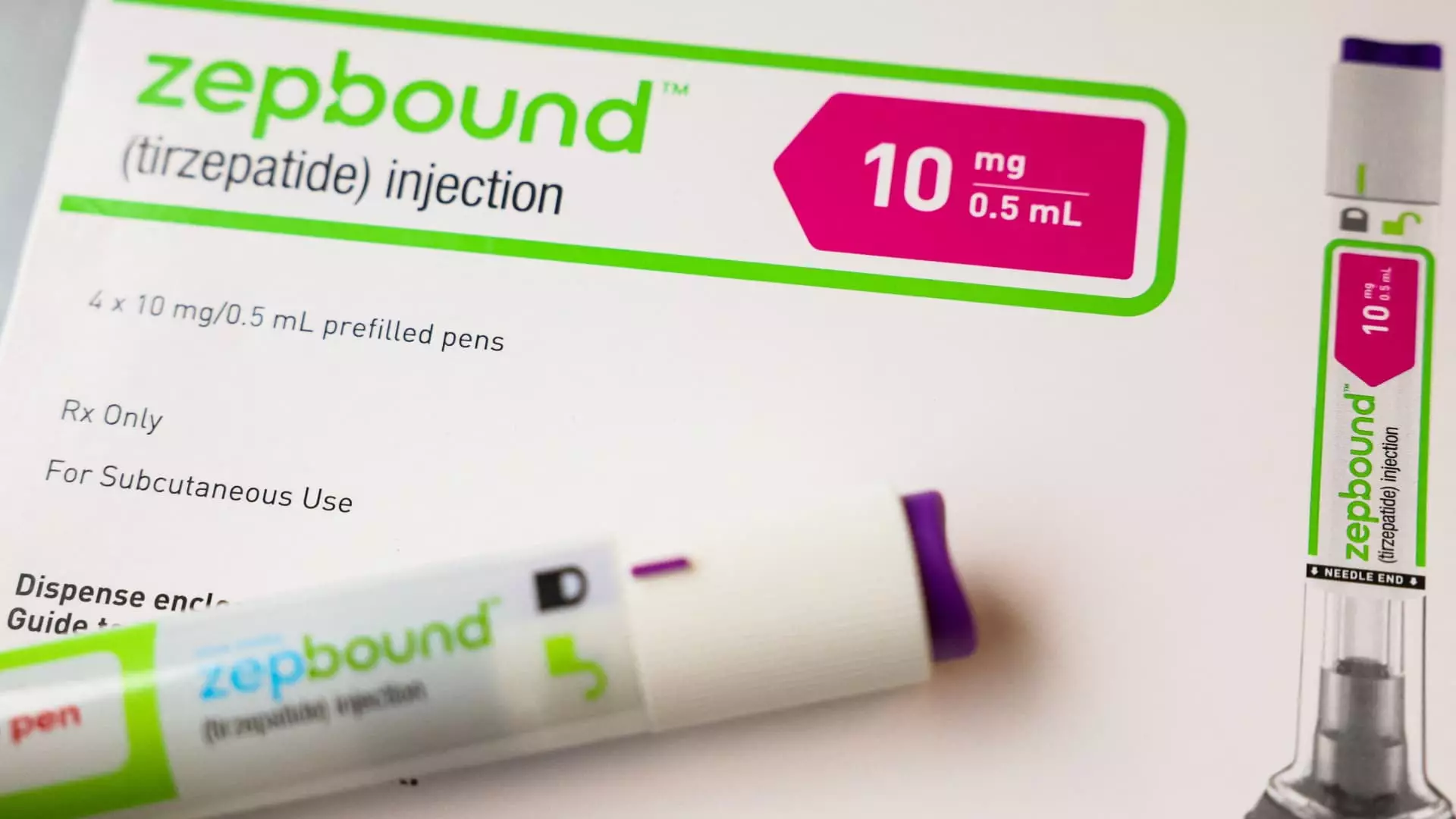Eli Lilly has made significant strides in its efforts to expand access to Zepbound, a revolutionary weight-loss medication. Recently, the company introduced higher doses of Zepbound in single-dose vials, offering them at significantly reduced prices for patients without insurance coverage. This initiative aims to enhance availability and affordability for those who may otherwise struggle to access effective obesity treatments, particularly among Medicare beneficiaries. This article delves into the motivations behind this strategic move, the implications for patients, and the potential for better healthcare outcomes.
One of the pivotal motivations for Eli Lilly’s latest initiative is the increasing demand for weight-loss treatments and the significant gap in healthcare coverage for obesity medications. Despite obesity being classified as a chronic condition by many health authorities, coverage for weight-loss treatments such as Zepbound remains limited under many plans, particularly Medicare. Patrik Jonsson, president of Eli Lilly’s diabetes and obesity division, emphasized that their goal is to provide a more affordable solution in the absence of full insurance coverage, specifically targeting the Medicare demographic.
By launching self-pay options through its LillyDirect platform and significantly lowering the costs of the Zepbound vials, Eli Lilly seeks to empower patients, giving them the ability to take charge of their healthcare decisions. The 7.5 milligram and 10 milligram vials, priced at $499 and $599, respectively, provide a financial relief option for patients who are motivated to pursue effective weight management despite the absence of insurance support.
Another important aspect of Eli Lilly’s announcement relates to the accessibility of the product itself. The shift from autoinjector pens, which come with a hefty price tag and manufacturing complexity, to simpler single-dose vials represents a significant strategic move. This change aims to meet the growing demand for Zepbound while also addressing manufacturing challenges that have previously restricted supply.
The ease of manufacturing single-dose vials is expected to increase the availability of Zepbound in the market. Given that the U.S. Food and Drug Administration has declared the previous supply shortage resolved, Eli Lilly is in a prime position to ensure patients receive legitimate medication instead of unaffordable compounded versions available through alternative pharmacies. Jonsson emphasized the importance of providing FDA-approved products to guarantee safety and effectiveness, distancing Zepbound from potentially unsafe alternative treatments.
The treatment regime with Zepbound generally begins with a lower 2.5 milligram dose, which is gradually increased over time. This careful titration is designed to optimize outcomes while minimizing potential side effects. Patients can retain their treatment momentum by utilizing the newly available vials, thereby reinforcing their commitment to weight management and overall health.
However, the self-injection aspect may present a barrier for some patients who prefer the convenience of autoinjectors. While this may lead to complications in adherence for certain individuals, Eli Lilly is betting that the cost savings and the benefits of increased access will outweigh the challenges presented.
Eli Lilly’s entry into the self-pay pharmacy space has the potential to disrupt the obesity treatment market significantly. Although the uptake rate for Zepbound through LillyDirect is currently a small percentage of the broader market, Jonsson remarked that the company views the expansion of the medication’s availability as a key component of their mission to improve health outcomes for people facing obesity.
The future of Zepbound looks promising, especially with Eli Lilly’s commitment to fostering partnerships with new direct-to-consumer healthcare startups. This collaborative approach may help streamline access to medications and support services for patients navigating their weight-loss journeys, ultimately creating an ecosystem that encourages healthy living.
Eli Lilly’s recent initiatives regarding Zepbound reflect a broader commitment to addressing the nuances of obesity treatment and patient needs. By focusing on accessibility, affordability, and safety, the company is not merely launching a product; it’s fostering a patient-centered approach in a market lagging in meaningful solutions. As the landscape of weight-loss treatments evolves, Eli Lilly’s proactive measures may serve as a benchmark for future developments in the healthcare sector, ensuring that patients have the support and resources required to pursue healthier lives.

